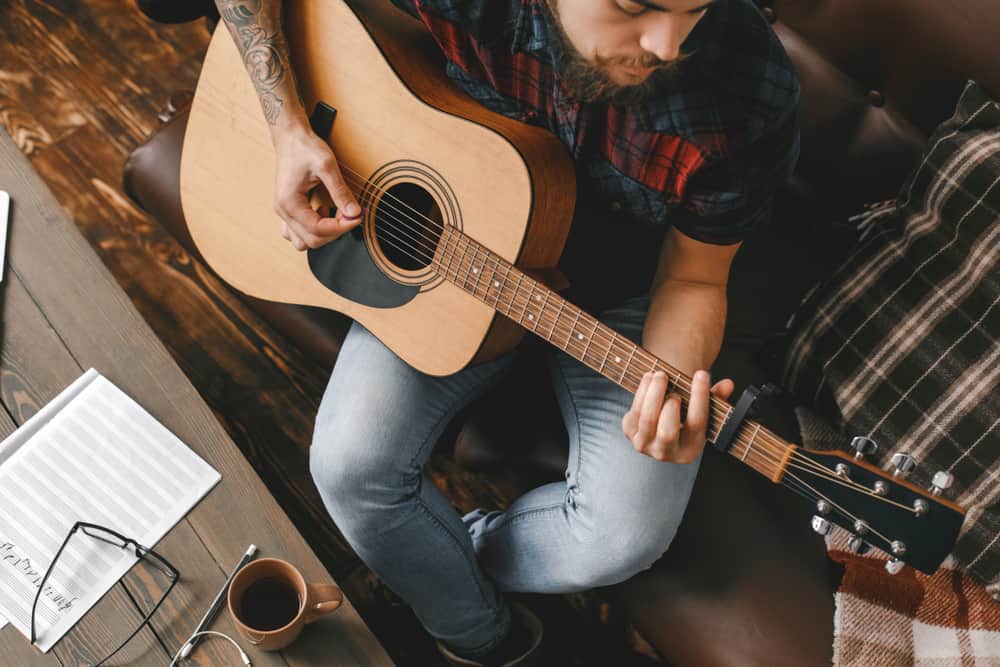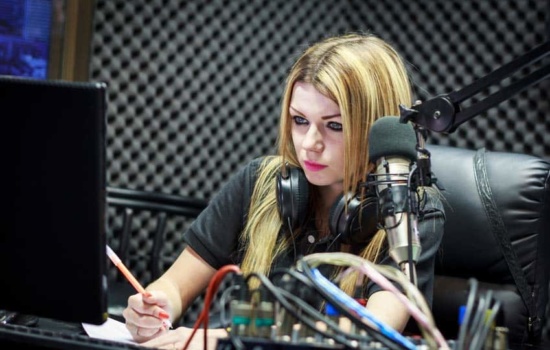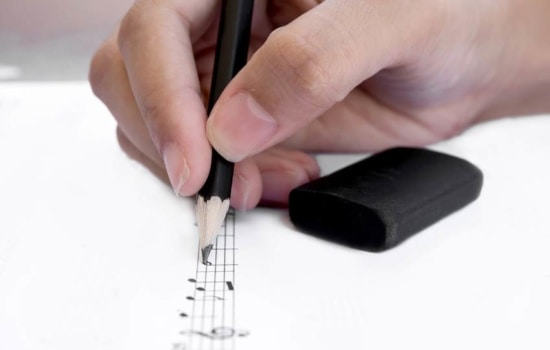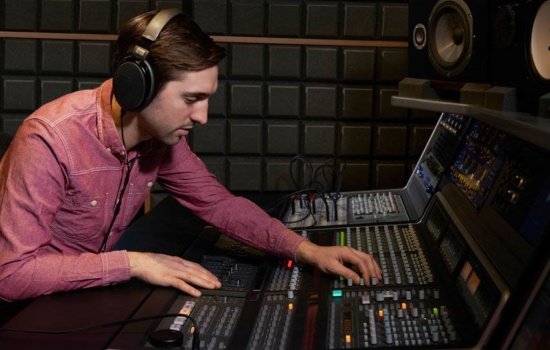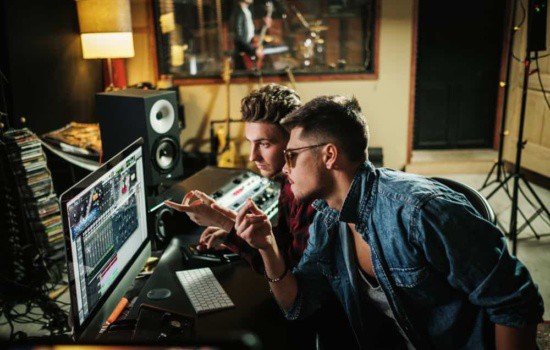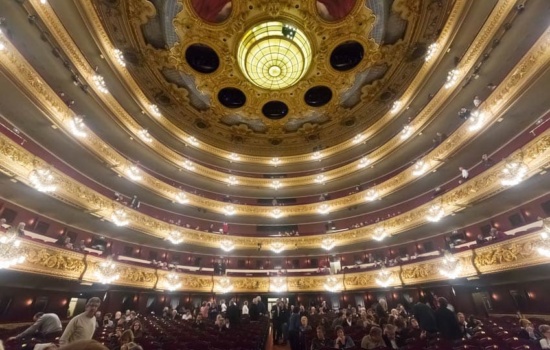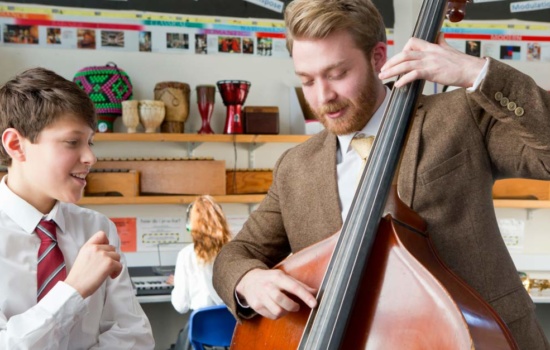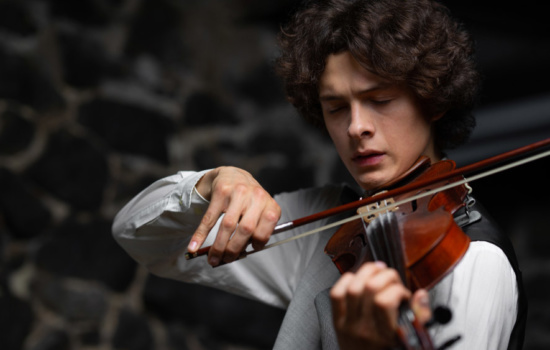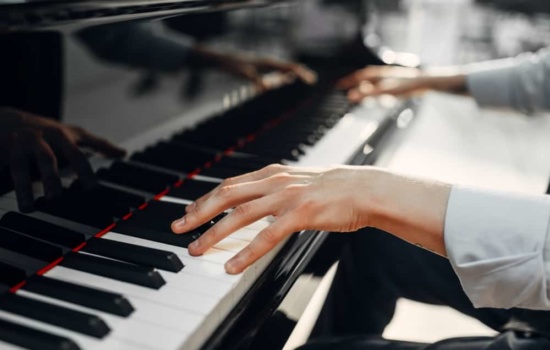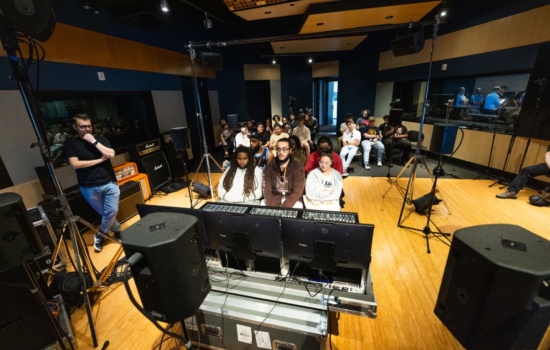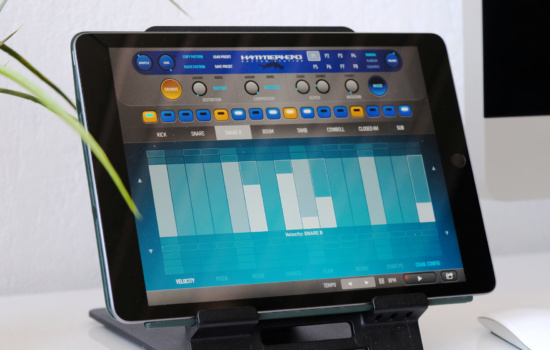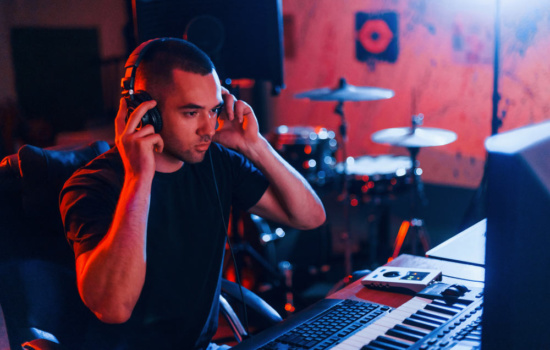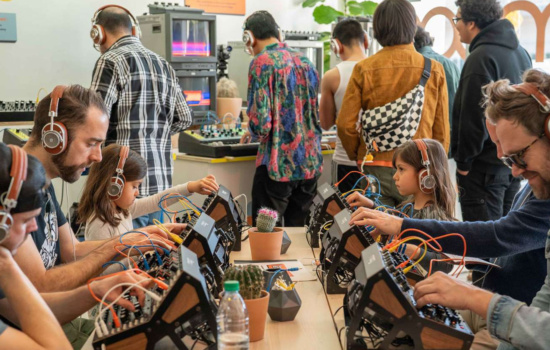How do you start composing music?
To learn how to compose music one must first be a skilled musician. It’s most important to first learn how to play an instrument well. Any instrument will do, and in addition, it’s extremely helpful to have the ability to play piano. To become proficient on an instrument typically takes anywhere from 4-10 years, depending on what age you begin, how much time and effort you can put into learning, and having access to quality instruction.
Besides playing an instrument, aspiring Composers need to learn musical skills such as reading and writing music, and it helps to understand music production and recording technology such as notation software, music synthesis, and how to use a Digital Audio Workstation (DAW). Most musicians go to school, whether a college or a conservatory, and will spend between 3-6 years taking music courses and instruction in areas such as ear training (solfege), music theory (harmony), conducting, arranging, music history, and composition. (See below for more on training and skills for Composers.)
People who write songs are also sometimes called Composers, and there are as many ways to get into composing as there are people doing it. A Composer might make new music for films or video games or write for their band. One advantage of playing an instrument is that sometimes ideas for pieces will come out of a jam session with other musicians, improvising over a groove, or playing established pieces of music (covers) and getting creative with making riffs on chord progressions or melodies. Playing music often leads to discovery of new music and sounds.
Is composing music easy?
To do anything at a high level requires years of practice, dedication, and persistence. Hey, if it was easy, everyone would be doing it! If you are well-prepared as a musician, composing music might come naturally, but it is still hard work and will consume huge amounts of time and energy. It requires a variety of knowledge from understanding basic form to the complexities of orchestration and harmonization, to the rhythmic characteristics of musical styles. There are rules to know (rules can be broken for musical reasons, but never just for the sake of breaking rules) and to be successful demands fastidious attention to detail.
If you study the history of composition and music, you will see that some Composers were prolific (like Mozart, who produced new pieces almost daily) while others might have struggled for years (or longer) to complete a symphony or small collection of chamber works. The reality is that nothing is ever easy if you intend to do it well. It might be easy to get inspired by listening to great music, but it’s never easy to begin a piece and see it all the way through to completion.
Is composing music a talent?
There is no question that to become a Composer requires a certain amount of talent. But it’s also true that just about everyone who can hear and appreciate good music probably has enough talent to at least take a stab at writing some music. And while it takes a little of that special “something” most people recognize as talent (or natural ability), the person with a little of it who works really hard will go further than the person who is liberally endowed but chooses to be lazy.
As Lionel Richie says: “Your aptitude and your attitude determine your altitude.” Anyone who really wants to compose music and can dedicate a sustained effort over time will get some results they can be pleased with. Even child prodigies like Mozart received intensive instruction from a very young age. You’re probably not going to write a masterpiece the first time you try, but if you go at it with a learning attitude, and stay with it, your talent will begin to shine through.
